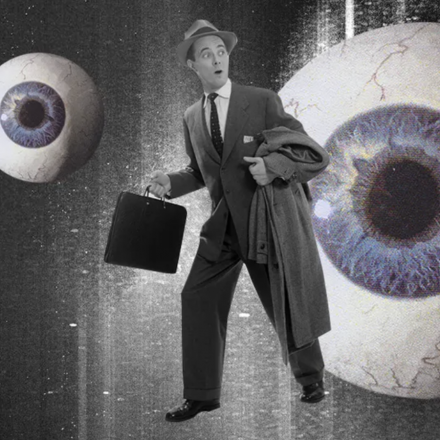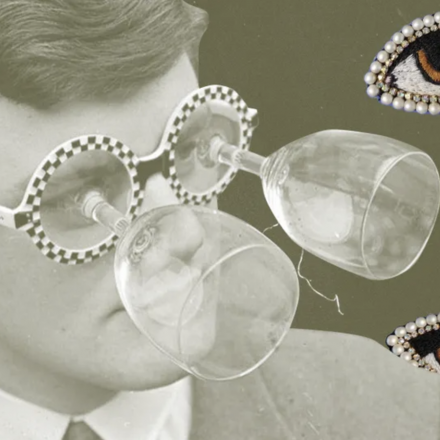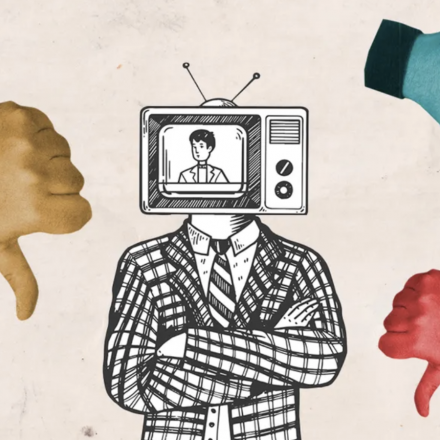A dream is like a secret movie theater inside our heads. Every man — even the toughest and most rational — has woken up at least once thinking, “What the hell did I just dream about?”
Other times, you don’t want to wake up at all — because in that dream, you were flying, winning, loving, or finally saying everything you ever wanted to say.
But where do these images even come from?
Why do dreams vanish the second you open your eyes?
And is it true that you can actually learn to control your dreams?
Let’s dive into it — no mysticism, just mind-blowing facts that might just change the way you see yourself.
Why Do We Dream in the First Place?
There are two main theories about the nature of dreams. They’re so different that they don’t even compete — they just exist side by side. And honestly? Both sound pretty convincing.
Theory 1: Brain Noise
According to physiologists, dreams are just brain static.
Your brain spends the night sorting through everything that happened to you during the day. During this process, electrical impulses shoot through your neurons, sparking random visual images.
Sometimes these impulses are triggered internally — by emotions, memories, or new information. Other times, they’re triggered externally.
In fact, Canadian neurosurgeon Wilder Penfield once conducted brain surgeries where he stimulated the brain with electricity — and patients started seeing vivid dreams while awake on the operating table.
Pure electrical hallucinations, totally independent of reality.
Bottom line:
Not every dream needs a deep meaning. Sometimes it’s just neural spaghetti.
Theory 2: The Subconscious Speaking
Psychoanalysts like Sigmund Freud saw dreams as messages from the subconscious — hidden desires, unresolved traumas.
In this view, your brain isn't showing you what you want to remember. It's showing you what you’re trying hard to forget.
In dreams, you don’t see real events — you see symbols linked to emotions.
For example, if you were betrayed, you might not dream of the actual traitor — you might dream of something completely different, but it triggers the same pain.
Bottom line:
A dream is like a subconscious theater where you’re both the audience and the director.
Why Are Dreams So Weird?
Your brain acts like a clumsy film editor, trying to mash together fragments of old memories.
But these memories aren't synced — some are from your childhood, others from yesterday.
The result? A surreal movie where you’re flying on a bicycle while arguing about taxes with a dinosaur.
The more inconsistencies your brain tries to stitch together, the more bizarre the plot becomes.
But the brain hates chaos — so it keeps making up flimsy "logical" explanations to smooth things over.
Why Do We Forget Our Dreams?
Ever had an insanely vivid dream — but forgot it just minutes after waking up?
Totally normal.
Dreams happen during the REM (Rapid Eye Movement) phase of sleep.
If you wake up during REM — the emotions are still fresh, and you remember the dream.
If you wake up after the sleep cycle is complete — the brain has already erased the feelings, and with them, the dream itself.
Plus, dreams aren’t stored in long-term memory — because they’re not tied to logical thinking or familiar anchors.
That’s why it feels like you didn’t dream at all — even though your brain spent the night rolling out stories worthy of a Netflix series.
What About Nightmares? Should You Be Worried?
There are two types of nightmares:
-
Regular bad dreams — just your brain reacting to daily stress.
Everyone has them, and they’re not dangerous. -
True nightmares — the kind that jolt you awake in fear, and the feeling lingers.
These can be a sign of PTSD or serious psychological overload.
Kids have them often (their nervous systems are still developing), but for adults, it’s usually linked to major trauma.
If nightmares keep repeating, don't tough it out. See a therapist.
It’s not weakness — it’s self-care.
Are Black-and-White Dreams a Sign of Happiness?
There’s a popular myth:
"If you dream in color, you’re anxious. If you dream in black and white, you’re happy."
Sounds cute — but it’s nonsense.
Dreams can be colorful or muted depending on your emotions.
Boring dreams don’t get vivid colors.
Emotional dreams — the ones that stick — come with full color and details.
Also, how vivid your dreams are depends on how visually attentive you are in daily life.
Artists, designers, and people who love details tend to have more colorful dreams.
Why Some People Think They Don’t Dream
Simple: everyone dreams.
Not everyone remembers.
Your brain is focused on sorting information, not archiving dreams.
Dreams are like sticky notes — useful for a moment, but tossed once the job’s done.
Can You Control Your Dreams?
Yes — and it’s a real-life superpower.
It’s called lucid dreaming — realizing you’re dreaming while still inside the dream and taking control.
How does it work?
Normally, the part of your brain responsible for critical thinking shuts off during sleep.
That’s why you’re not surprised when you find yourself on Mars with your grandma.
But if you train yourself to notice weird things — you can wake up inside the dream and take the reins.
In the 1970s, Stanford scientists developed a technique:
They gave people special goggles that flashed lights during REM sleep.
The brain learned to recognize the flashes as a signal from reality.
When the light appeared during a dream, people realized they were dreaming — and boom — they could fly, fight dragons, or visit parallel worlds.
How to Train Yourself to Lucid Dream
Here’s a simple hack:
-
Before bed, tell yourself: "If I see anything strange, I’ll ask: Am I dreaming?"
-
In dreams, look for oddities.
Why is it snowing if it was summer yesterday? Why does your friend look different? -
Practice daily.
Over time, you’ll catch yourself realizing you’re dreaming — and that’s when the fun begins.
Dreams Are Your Personal Movie Theater
Dreams are free movies your brain screens every night.
Sometimes it’s just random chaos.
Sometimes it’s a deep emotional confession.
But the most important thing?
You can actually influence it.
Remember:
It’s not what you dream about that matters.
It’s how you respond to it.
Because dreams aren't mystical nonsense — they're one more way your mind talks to you.
And who knows — maybe in your next dream, you’ll finally say the thing you never dared say in real life.
Or take off for a trip across the stars.
The choice is yours.


















